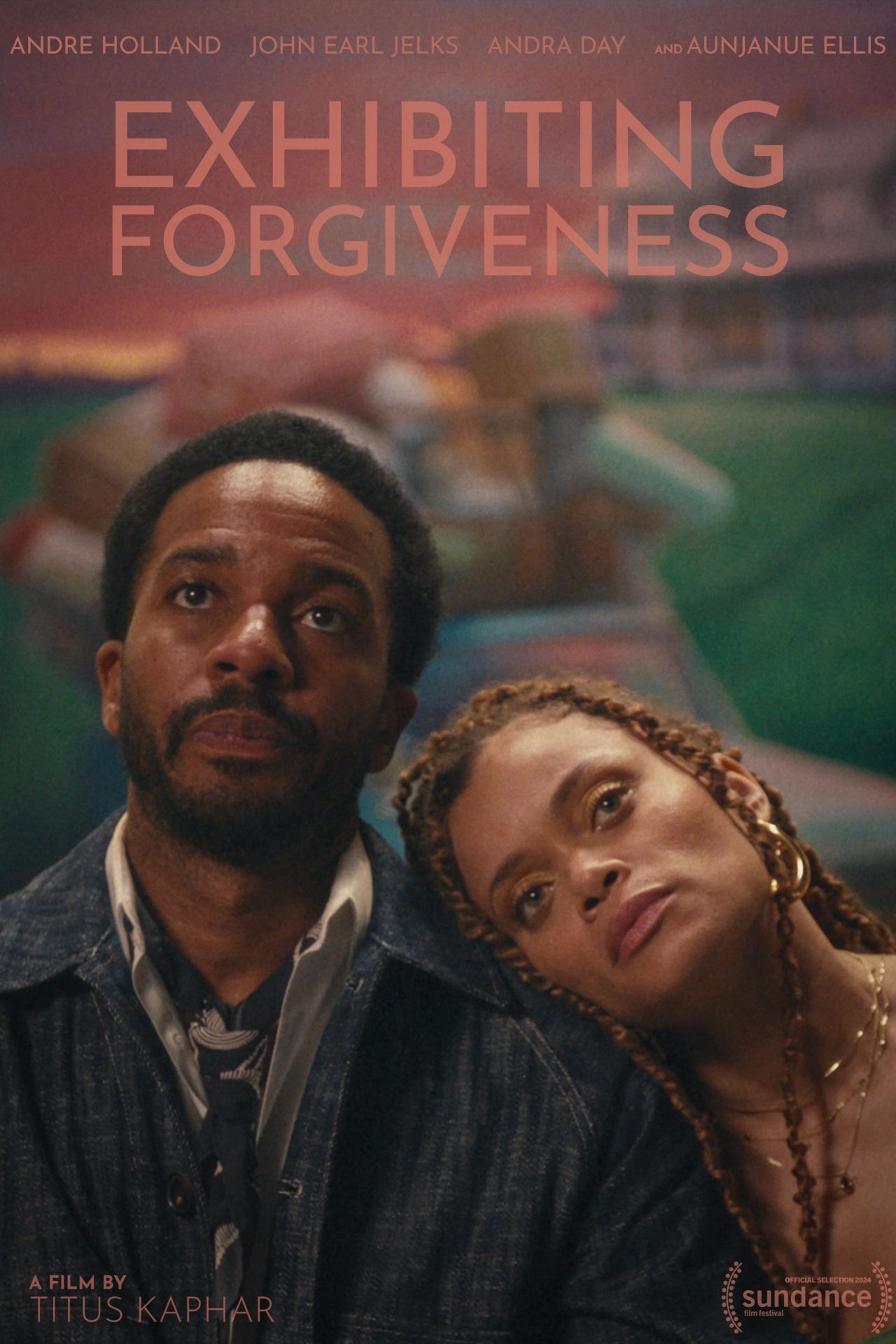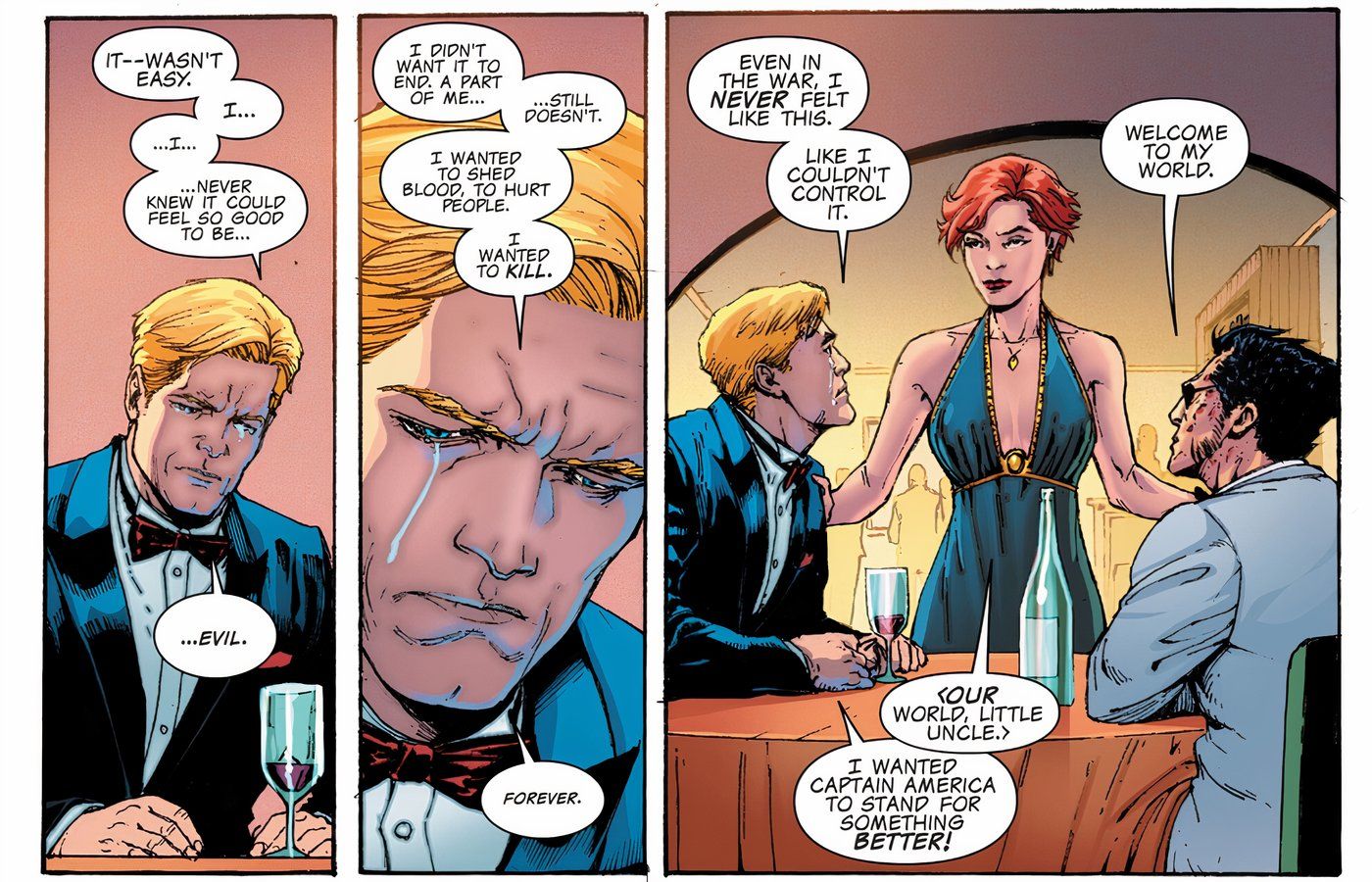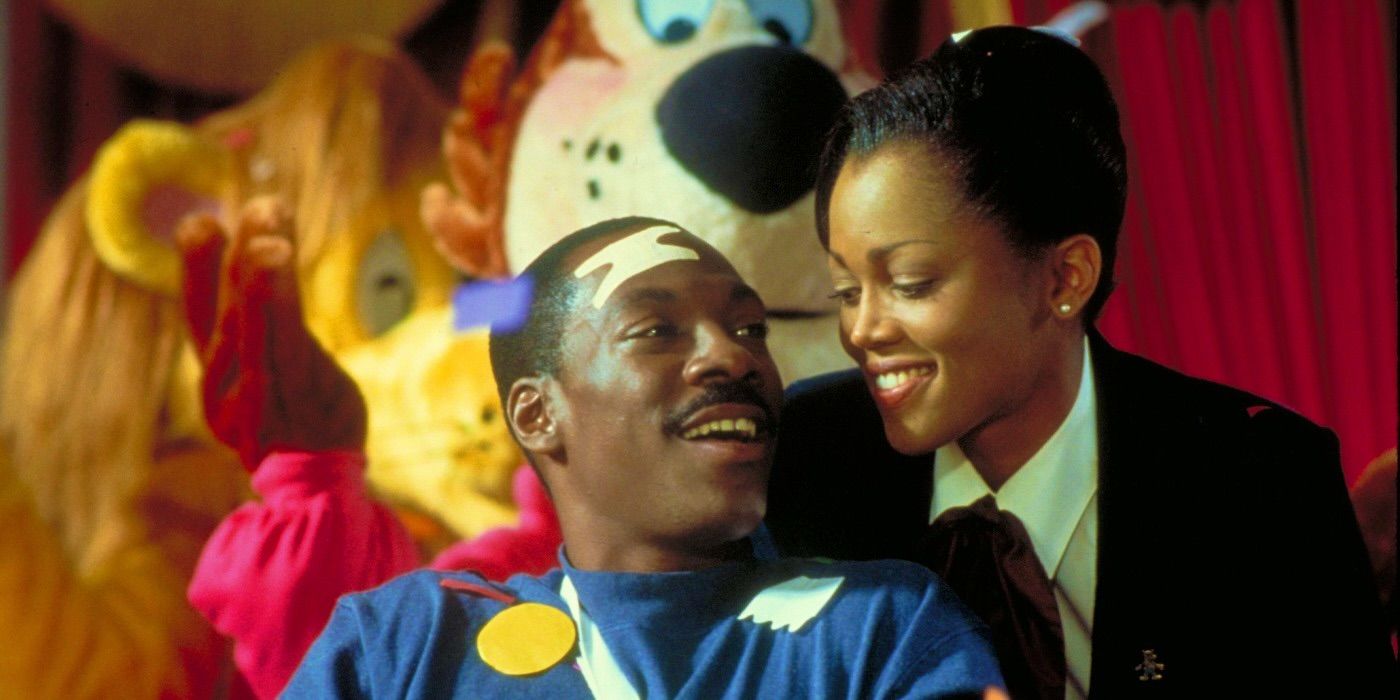An internationally esteemed painter, Titus Kaphar turned his talents to filmmaking in 2022. Considering film production as an extension of his painting, Kaphar’s filmmaking debut, Shut Up and Paint, was shortlisted at the 95th Academy Awards. It’s no surprise that his timely and award-winning art has been featured in notable collections. Continuing the tradition of using his art to tell important stories, Kaphar brought his feature directorial debut, Exhibiting Forgiveness, to the Sundance Film Festival. The soulful and, at times, triggering film offers the beautiful message that generational trauma can indeed be broken.

Exhibiting Forgiveness is a drama film written and directed by Titus Kaphar and released in 2024. A Black artist on the rise to fame has his future thrown in jeopardy when his estranged father arrives seeking to reconnect with his son, only to discover that forgiveness is only one part of the uphill battle to recovery.
- Though triggering, Kaphar’s script is authentic and sincere.
- Kaphar’s storytelling approach is like poetry in motion.
- The script touches upon parental abuse with grace.
- André Holland puts on a masterclass in acting.
Kaphar’s Feature Debut Is Authentic & Graceful
Tarrell Rodin (André Holland) is a painter and family man on the verge of remarkable success. When he’s not painting, he spends time with his singer-songwriter wife Aisha (Andra Day) and their young son. Despite living a mostly blissful life, Tarrell suffers from nightmares due to past trauma. His mother Joyce (Aunjanue Ellis-Taylor, who recently starred in Ava DuVernay’s Origin) has a skewed recollection of events, which causes a slight rift between her and Tarrell. When estranged father La’Ron (John Earl Jelks), the man responsible for his trauma, walks back into Tarrell’s life unexpectedly, everyone struggles with forgiving and forgetting.
Exhibiting Forgiveness is a difficult watch — and that feels like an understatement. There’s a sense of relief in how Kaphar captures a fragile family dynamic, one that is authentic and slightly triggering. As Tarrell’s background unfolded, I couldn’t help but think how many Black families could see themselves in this movie. Overly tough and destructive parenting, addiction, and a heavy grasp on religious teachings — these are all examples that have led to tough upbringings, and for many of us, the source of severe trauma. The film serves as a window into examining our own traumatic experiences.
The Film Enables Us To Sort Through Our Own Pain To Find Peace
As mentally gripping and emotionally stimulating as Kaphar’s script is, there’s a sense of peace that comes while watching the film. That is solely due to the beautiful direction of Kaphar’s storytelling approach. Exhibiting Forgiveness plays out like poetry in motion, a live painting on a canvas. Just as Tarrell takes his frustrations out through every stroke of his brush, we are forced to figure out our own disturbing experiences. But the magic of thinking about the pain and hurt is thinking about a path forward and how to heal. And ultimately, that’s what the film is all about.
As the story progresses, it’s obvious that Tarrell, La’Ron, and Joyce will never see eye-to-eye about the reality of their family dynamic, but this decision is brilliant. Because forgiveness isn’t about correcting mistakes or forgetting behaviors from the past. It’s about making a conscious decision to facilitate a future of generational healing. A future where our children aren’t subjected to relentless criticism or extreme tough love as a means to teach them about the real world. That isn’t parenthood, it’s abuse. Kaphar defines these lines very clearly, but he does so with grace, removing any villainy from all parties.
The defining elements of the film’s brilliance are a beaming display of redemption and the art of reclaiming one’s mental health. For Tarrell, his strategy is his paintings. What Kaphar does so well is challenge us by determining what will work for us as individuals. By showing us an example that doesn’t go smoothly, Kaphar sacrifices a generic happy ending that most films would resort to. In doing so, André Holland gets to put on an absolute masterclass in acting. He is a gift, and anyone who has the opportunity to witness his performance should consider themselves lucky.
Ultimately, Exhibiting Forgiveness is a movie that spoke to me on a deep level. It’s the type of transcendent experience that could make you confront your own demons and familial traumas you may not even have known existed. On some level, it’s frightening to know how such a mentally harrowing film can have so much power over you, but in reality, it’s therapeutic. The ultimate message from Kaphar’s feature isn’t just about whom the onus of forgiveness falls on. Rather, it’s a definitive testament to trauma being generational until someone actively decides to break it.
Exhibiting Forgiveness
- Release Date
- January 20, 2024
- Director
- Titus Kaphar
- Cast
- Andre Holland , John Earl Jelks , Andra Day , Aunjanue Ellis-Taylor
- Runtime
- 117 Minutes
- Writers
- Titus Kaphar





